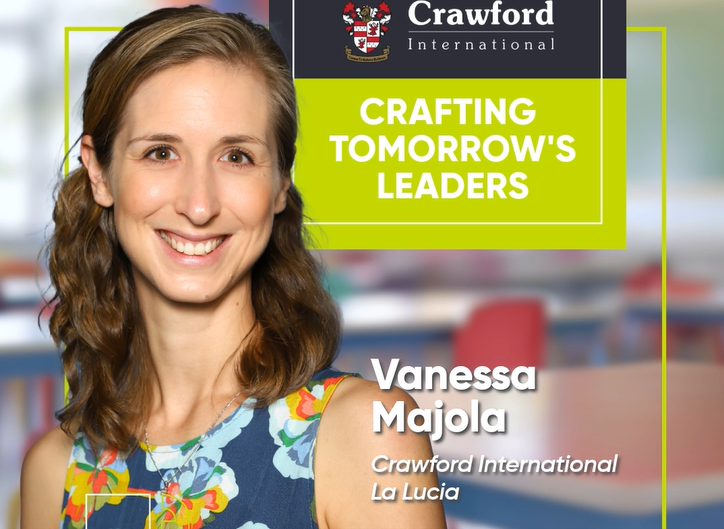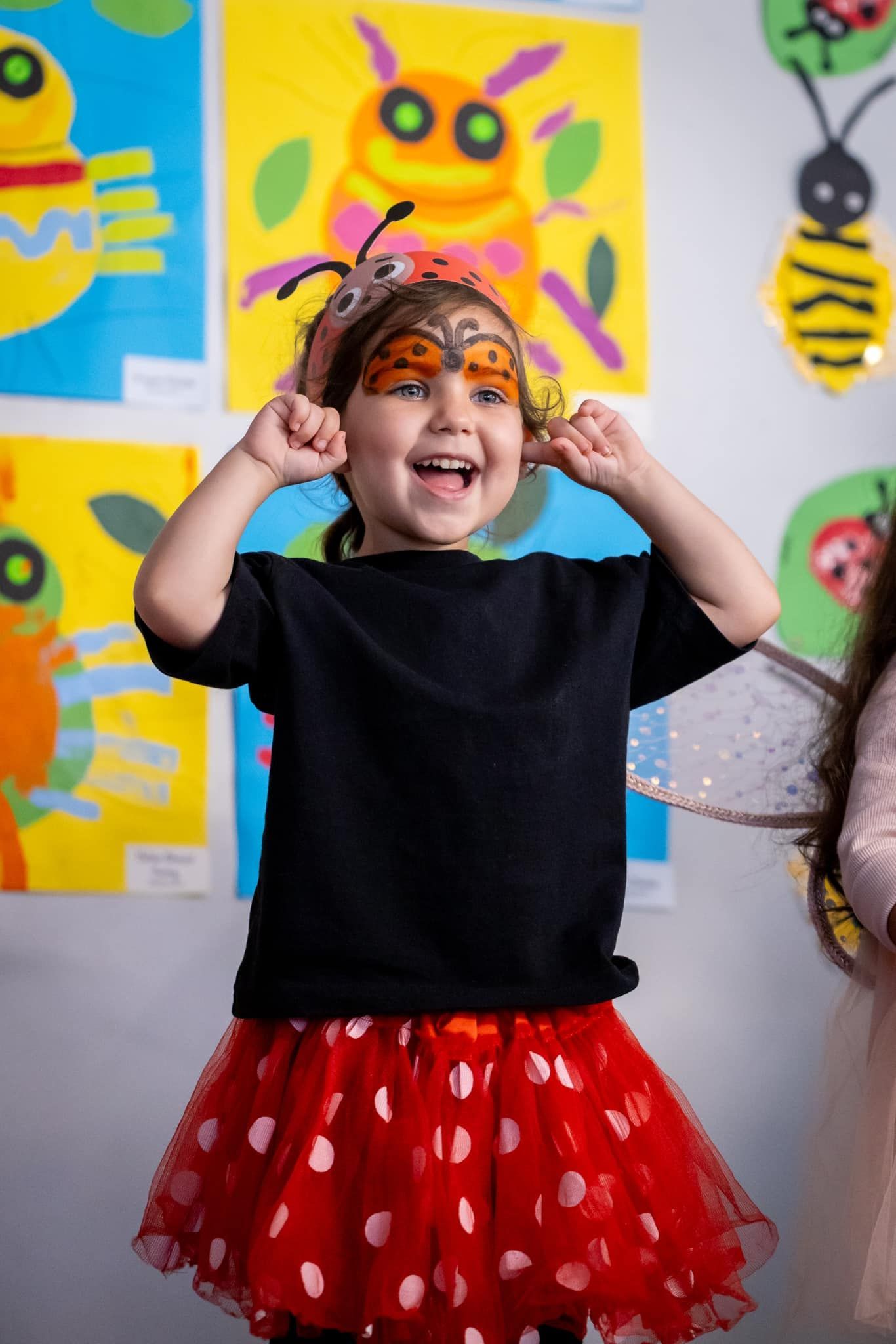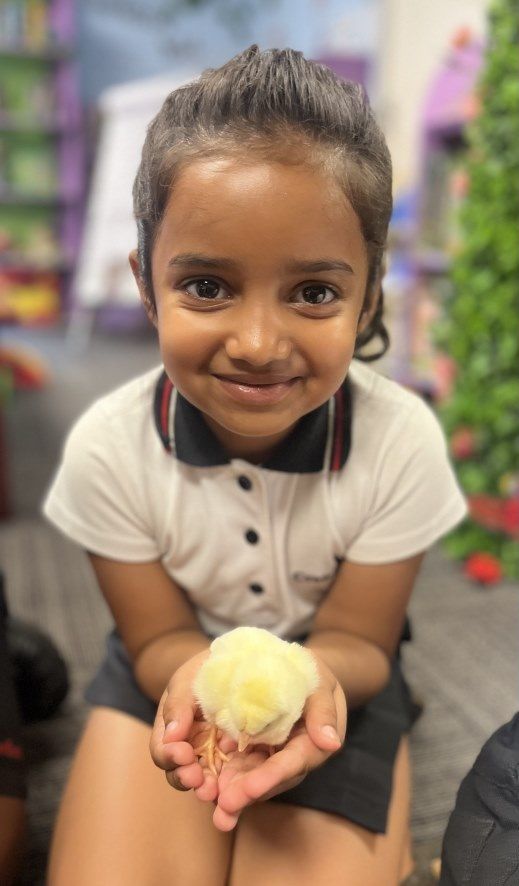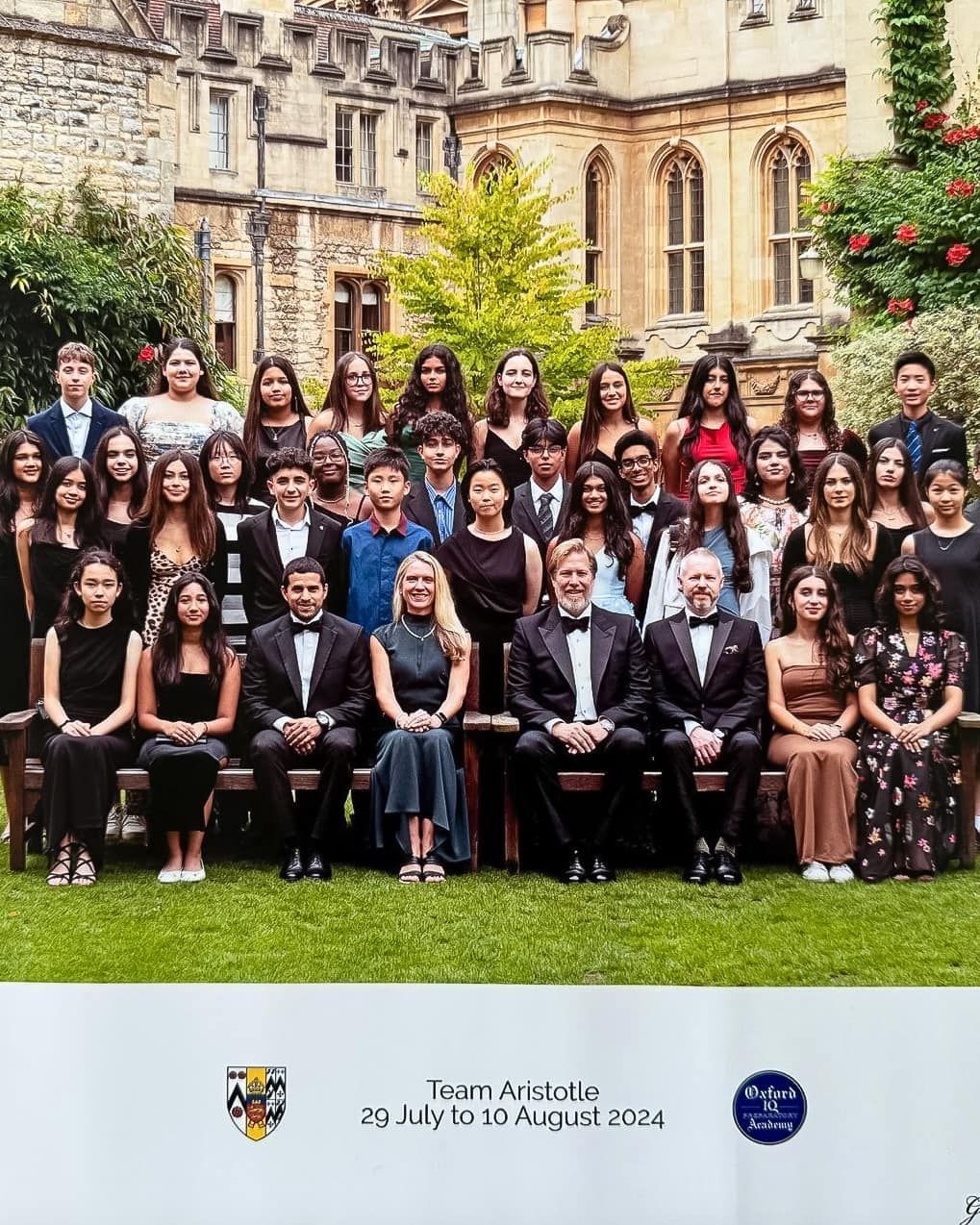La Lucia November 2024
November 29, 2024
Pre-Primary
End of Year Concerts
Our Crawford International La Lucia Pre-Primary students held their much-anticipated End of Year Concerts for Grade 0000, Grade 000, and Grade 00. The themes throughout the mornings ranged from “Under the Sea”, to “Wiggle, Flutter, and Sing”, and finally “A Magical Habitat Adventure”.
The cutest animals, insects, and marine life you have ever seen took to the stage to perform their songs and dances for their gathered mums and dad’s. We are so impressed with all that our little ones have learnt throughout their year with us and look forward to what the new year in a “bigger class” will bring for each of them.
Grade 0 Graduation
We can’t believe that our precious Grade 0’s are at the culmination of their time with us at Crawford International La Lucia Pre-Primary. We held a very special Graduation Ceremony to mark the end of an era with them all, where we got to celebrate all the milestones that they have achieved throughout their Pre-Primary school years and to usher in the reality of “big school” that they are now going into.
Certificates of Celebration were given out in a formal ceremony, whereby each student was able to be highlighted for their individual achievements. We could not be prouder of our little people and the individuals that they have grown into – our hearts are full as we send them off into Grade 1 for 2025.
Preparatory
Mangrove Ambassador
The Mangrove Action Project (MAP) hosted its 23rd annual international art contest to develop children's understanding when thinking about the environment around them, particularly about the importance of Mangrove and Coastal Ecosystems.
Seth Pillay, a Grade 5 Crawford International La Lucia Preparatory student, submitted artwork that was selected among 13 winners to be published in the Children's International Mangrove Art Calendar 2025 (with him being the only South African winner), and he has been selected as a Future Global Ambassador for the Mangroves. He will be appearing in a promotional video as MAP try to reach as many people as possible from around the globe.
Well done Seth we are so proud of you! His contribution will surely inspire others to understand the significance of Mangroves and Coastal Ecosystems. What a wonderful way to celebrate his creativity and commitment to the environment.
Media Centre Hatchery
In their final transdisciplinary unit, How the World Works, our Grade 1s have been learning about life cycles. The Media Centre was filled with excitement as students from all grades, gathered to witness two separate batches of eggs hatching in an incubator and the chicks settling into their cozy brooder.
Classes took turns visiting to learn about the life cycle, observe the hatching process, and enjoy special moments with the chicks. We had many risk-takers who overcame initial hesitation and returned eagerly during breaks to spend more time with their feathered friends.
As the saying goes, all good things must come to an end, and with a bit of sadness, the children said goodbye and the chicks moved on to a wonderful new home on a farm in Bergville, where they can now roam freely and live their happily ever after.
COLLEGE
Oxford Summer School
Shivhan Rangiah, a Crawford International La Lucia College student spent Summer School at Oxford University and this is what he had to say,
“On 28th July 2024, I arrived in the city where Albert Einstein, J.R.R Tolkien and Lewis Carroll once walked. Surrounded by the hills of Oxfordshire lies the city of Oxford, a place where time seems to stand still. The city’s medieval roots can be clearly seen in its architecture with its majestic spires and beautiful carvings. Each building has its unique breathtaking architecture.
Over the course of two weeks from 29 July to 10 August, I had the incredible opportunity of attending a summer school program at Oxford IQ Academy which took place at Brasenose College, one of 44 Colleges at Oxford University. This experience was enriching both academically and culturally, providing me with memories that will last a lifetime”.
Matric Bell-Ringing
A momentous end to our recent Matric Affirmation morning, was the bell ringing ceremony.
As students enter Crawford International La Lucia College in Grade 8, they ring the school bell to signify joining the College family. Just before their final exams commenced, as the Matrics rang the bell, it was to officially signify the end of their time as a student at La Lucia.
To the Matrics of 2024, your Crawford family are going to miss you!
























